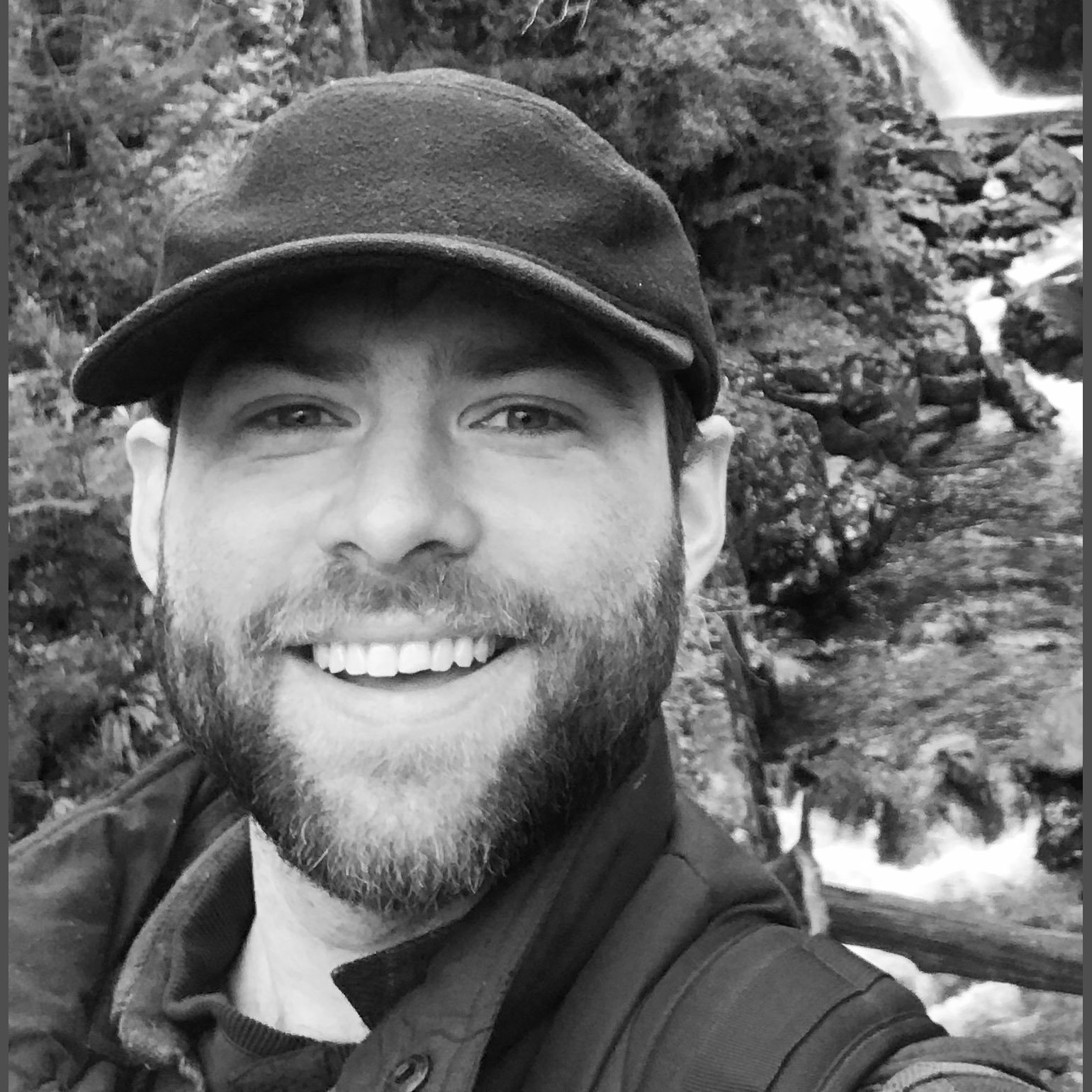Urban Sacrifice Zones & The Right to Pollute
June 2023
by
Lead Author: Josh Artus
Editor: Daniel Akinola-Odusola, MSc Neuroscience
Editor: Araceli Camargo, MSc Neuroscience
Before reading this report please note that we are a non-profit grant and citizen supported lab, we use our funding to create free scientific reports, which provide foundational knowledge about health, health inequities, and health justice. We prioritise the hiring of scientists and researchers from marginalised communities to ensure that the lived experience is covered in an ethical, inclusive, and accurate manner.
Our goal is to be an open lab that is “for the people by the people” and your support helps make that happen.
DESCRIPTION
The working definition of a Sacrifice Zone is a geographic area that has been permanently impaired by environmental damage or economic disinvestment. However, such an expanse and non-specific definition causes two problems. Firstly, it allows for legal disputes over what is meant by “impaired” and “permanently”. These disputes often exist between what a legal firm instructed by a corporation defines as impaired or permanent and how a community abolishing injustice defines these terms based on their everyday lived experience.
Secondly, it means that policy and legality only is concerned when the bad thing is an extreme case. This leaves communities unable to seek justice at those first instances of poor health outcomes. In this report, we are proposing the use of geospatial and physiological data to create a more specific working definition of “Sacrifice Zones”, one that will allow communities to hold industrial polluters accountable at “first harm” or as close to “first harm” as possible.
The purpose of this data led study is to bring attention to everyday people those who have the right to pollute in their neighbourhoods, so that people can make more informed decisions when it comes to voting and priorities for our shared health and climate change action points.
This study exists because You don’t have the permission to drop litter but they have permission to pollute. There are no safe levels of pollutants, only an epistemology that prefers to question how much can something be pushed before it breaks down rather than how to optimise life; Nature and human.
You can use this study to understand some key trends and go to right-to-know.org to enter your postcode and find who has the right-to-pollute in your neighbourhood and locale.




